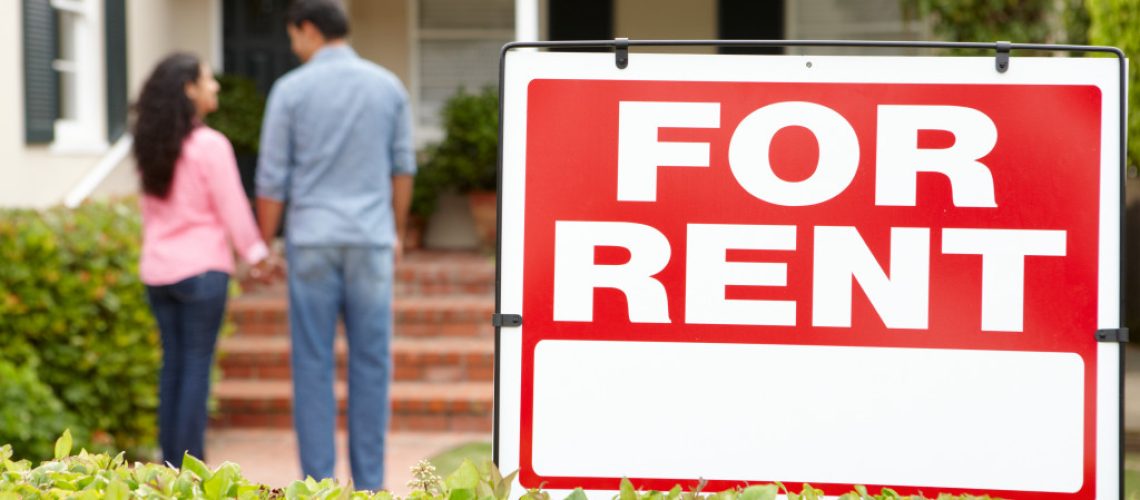It can be an exciting time when you decide to purchase a rental property. You may have financial goals and objectives, or maybe you just want to help out with family finances. Whatever your reasoning for purchasing a rental property, it is important that you are aware of the best practices in managing this type of investment so that your experience will be as rewarding as possible.

1. Finding good tenants
The first step in managing a rental property is to find good tenants. This may seem like an obvious task, but it is one that is often overlooked by novice landlords. There are a few key things to look for when screening potential tenants:
- Does the tenant have a steady income?
- Does the tenant have a good credit history?
- Does the tenant have no past evictions on their record?
- Is the tenant willing to sign a lease?
- Does the tenant seem like they will take care of the property?
If you can answer yes to all of these questions, then you have found a good potential tenant. Another important tip for finding good tenants is to conduct a background check. This will give you peace of mind knowing that the person who will be living on your property is someone who can be trusted. Always remember that the better your tenants, the less work you will have to do in terms of managing the property.
2. Setting the rent price
Once you have found a good tenant, the next step is to set the rent price. This can be a tricky task because you want to make sure that you are charging enough to cover your mortgage payment and other expenses, but you also don’t want to price yourself out of the market. A good rule of thumb is to charge 10-15% more than your mortgage payment. This will ensure that you are making a profit each month, while also keeping your rental property competitively priced.
3. Maintaining the property
The third step in managing a rental property is to maintain the property. This includes both regular maintenance tasks, such as changing the furnace filter or cleaning the gutters, as well as emergency repairs that may come up. It is important to have a plan in place for dealing with these unexpected repairs so that you are not caught off guard. One way to do this is to establish a reserve fund specifically for your rental property. This fund will help you pay for unexpected repairs without having to dip into your own savings. You may also want to hire property management services if you do not have the time or resources to maintain the property yourself.
4. Collecting rent
Another important step in managing a rental property is to collect rent. This may seem like a simple task, but it can be easy to forget about or put off if you are busy. One way to make sure that you are always on top of rent collection is to set up automatic payments. This way, the rent will be automatically withdrawn from the tenant’s account each month and deposited into yours. You can also set up a late payment fee so that tenants are incentivized to pay their rent on time. Whichever method you choose, make sure that you are consistent in collecting rent from your tenants.
5. Dealing with problems
Landlords managing a rental property also need to deal with any problem that may arise. This includes everything from tenant disputes to repair issues. You want to be sure that you are prepared to deal with these problems in a professional and calm manner. One way to do this is to have a solid lease agreement in place. This agreement should outline the expectations and responsibilities of both the landlord and the tenant. Having a clear understanding of what is expected will help to avoid problems down the road. You should also have a plan in place for how you will handle repair issues. This may include having a handyman on call or setting up a repair fund.
Managing a rental property can be a rewarding experience, but it also comes with its fair share of challenges. By following these best practices, you can help to ensure that your experience is a positive one. Remember that screening tenants, setting the rent price, maintaining the property, collecting rent, and dealing with problems are all important aspects of successfully managing a rental property. Don’t hesitate to reach out to property management services if you need help with any of these tasks. With a little bit of effort, you can be a successful landlord in no time.





